


From May 5–7 and May 21–22, EcoLur Informational NGO organized media tours to the regions of Vayots Dzor, Syunik, Tavush, and Lori to present the outcomes of the Living Landscapes for Market Development in Armenia (LILA) project. During the tour, journalists visited the communities of Yelpin, Areni, Gladzor, Vernashen, Yeghegnadzor, Shatin in Vayots Dzor; Shaghat in Syunik; Yenokavan and Gosh in Tavush; and Margahovit, Debet, Dsegh, and Yeghegnut in Lori—where the environmental and socio-economic impacts of the project are already visible.
The LILA project aims to promote the sustainable use of natural resources in Armenia’s mountain ecosystems to improve the livelihoods of local residents. It introduces economic incentives, improves infrastructure, supports community capacity development, and simultaneously strengthens the potential of tourism and local production.
In Yelpin, journalists visited "Artchiz" cheese tasting hall. Established with the support of the project, it has become a tourist attraction thanks to the development of tourism packages and marketing assistance.
At "Artchiz" cheese hall, journalists spoke with project representatives. LILA Project Coordinator Nairi Yeritsyan presented how the project aligns with WWF Armenia’s mission and vision and drew parallels with other ongoing initiatives, particularly the regional “Eco-Corridor Fund for the Caucasus” (ECF) project which LILA complements. She highlighted environmental activities under the project, focused on sustainable pasture management and addressing climate change challenges.
LILA project tourism expert, Lilia Torosyan, presented the interventions by "Strategic Development Agency" NGO, including promoting supply chains, developing sustainable and inclusive tourism, improving local businesses and infrastructure, and enhancing skills and capacities of tourism and hospitality workers.
The modernization of "Sheram" traditional cuisine restaurant in Areni was also implemented with LILA support, turning the venue into a key site for gastronomic tourism in the region.
In Syunik, the journalists visited a farmers’ cooperative in Shaghat, which had received project support. The cooperative was equipped with a drying facility and received branding and marketing support. Thanks to the project, remote pastures in Shaghat have become more accessible, watering points and a mobile solar station have been installed. Additionally, the village kindergarten received support in the form of a solar power system and water heater, and the roof of the village hall was renovated.
In Vernashen, journalists visited "Punje" preserves workshop and "Kria" winery—both of which received infrastructural and marketing support under LILA, contributing to increased agricultural sales and tourist visits.
The next stop was in Gladzor, at "Nor Tours" gastropub, which has improved its service quality through project support.
One of the project’s objectives is to promote renewable energy. Solar systems installed at the kindergartens of Vernashen and Gladzor have helped communities save energy costs, allowing them to invest in other improvements. Journalists met with local government representatives from the project’s target communities, who described how the LILA project has contributed to regional socio-economic development.
In Shatin, the issue of frequent bear attacks was presented, along with the project's plans to mitigate the situation. A 40-kW solar power station was installed in the village, and the resulting energy savings are intended to fund compensation for damage caused by bears.
At "ARPA" Environmental Foundation’s Visitor Center, the developed adventure tourism packages and digitized hiking trails were introduced.
The final stop of the first media tour was the newly established tasting room of "Old Bridge" Winery in Yeghegnadzor. Created with project support, the new space connects the winery with the restaurant, allowing visitors to move directly from the tour to the tasting session.
The second media tour focused on northern Armenia—specifically the Tavush and Lori regions. In Tavush, journalists visited "Berkri" gastropub and guesthouse in Yenoqavan. The guesthouse was expanded with the project’s support, enabling it to host more guests and improve hospitality quality. Founder David Avetisyan spoke about how the support fostered the growth of their family business.
A 20-kW solar power station was installed on the administrative building in Yenoqavan, and a watering point was built in remote pastures for livestock.
In Yenoqavan, LILA Project Coordinator Nairi Yeritsyan presented WWF Armenia’s work in Tavush and Lori, including pasture improvement initiatives and energy efficiency infrastructure projects. Alla Ghazaryan, Project Coordinator from Strategic Development Agency, presented the economic components and results of the LILA project.
The second stop in Tavush was Gosh, where Arevi Gosh hotel was built with project support. The hotel solved the issue of tourist accommodation in the village, enabling greater revenue generation for the community.
In Lori’s Margahovit village, Emilia Martirosyan, Head of Margahovit Youth Center NGO, presented the outcomes of the project. A 15-kW solar station was installed on the roof of the village hall, and watering points were installed in pastures.
In Debet, founders of Chamich guesthouse, Lilit Chitchyan and Davit Karmirshalyan, presented the outdoor dining area they established with project support, creating more comfortable conditions for guests.
In Dsegh, part of Tumanyan consolidated community, the village hall’s roof and second floor were renovated and insulated, and a 15-kW solar power system was installed. Watering points and shelters were built in remote pastures. Arman Chopuryan, Advisor to Head of Tumanyan community, discussed the development impact of these improvements.
Media tour participants then visited LILA-supported beneficiaries in Dsegh, including Wow Glamping guesthouse and Loreni teahouse. Wow Glamping guesthouse added new cabins with project support, boosting tourist flows and business development.
Loreni teahouse co-founders Manik and Mariam Yeghanyan described how they turned herbal tea collection into a business with project support, creating a welcoming space for tourists. With LILA’s help, they renovated and furnished a former shop building into a charming venue where they share the secrets of collecting, processing, and brewing Armenian herbal teas. They also obtained a drying facility that improved the quality and efficiency of herb processing. Their teas have been branded and launched into broader markets.
In Yeghegnut, journalists attended a wildlife release ceremony for Caucasian red deer. Following the event, they participated in an official ceremony dedicated to International Biodiversity Day, held at the Children of Armenia Fund (COAF) Smart Center in Debet.
Anush Sargsyan, the administrative head of Debet, and Karine Avetisyan, the administrative head of Yeghegnut, presented the activities implemented in their communities with the support of the project. In Yeghegnut, the LILA project supported the renovation of the village hall roof, thermal insulation, and exterior finishing of the building. In both Debet and Yeghegnut, photovoltaic solar power systems were installed on the roofs of administrative buildings—with capacities of 15 kW and 5 kW, respectively. Additionally, sections of interfield roads were repaired, improving local infrastructure and enhancing energy efficiency.
The Living Landscapes for Market Development in Armenia (LILA) project is funded by the Government of Switzerland through the Swiss Agency for Development and Cooperation (SDC), and is implemented by WWF Caucasus and Armenia offices, in partnership with Strategic Development Agency NGO.

























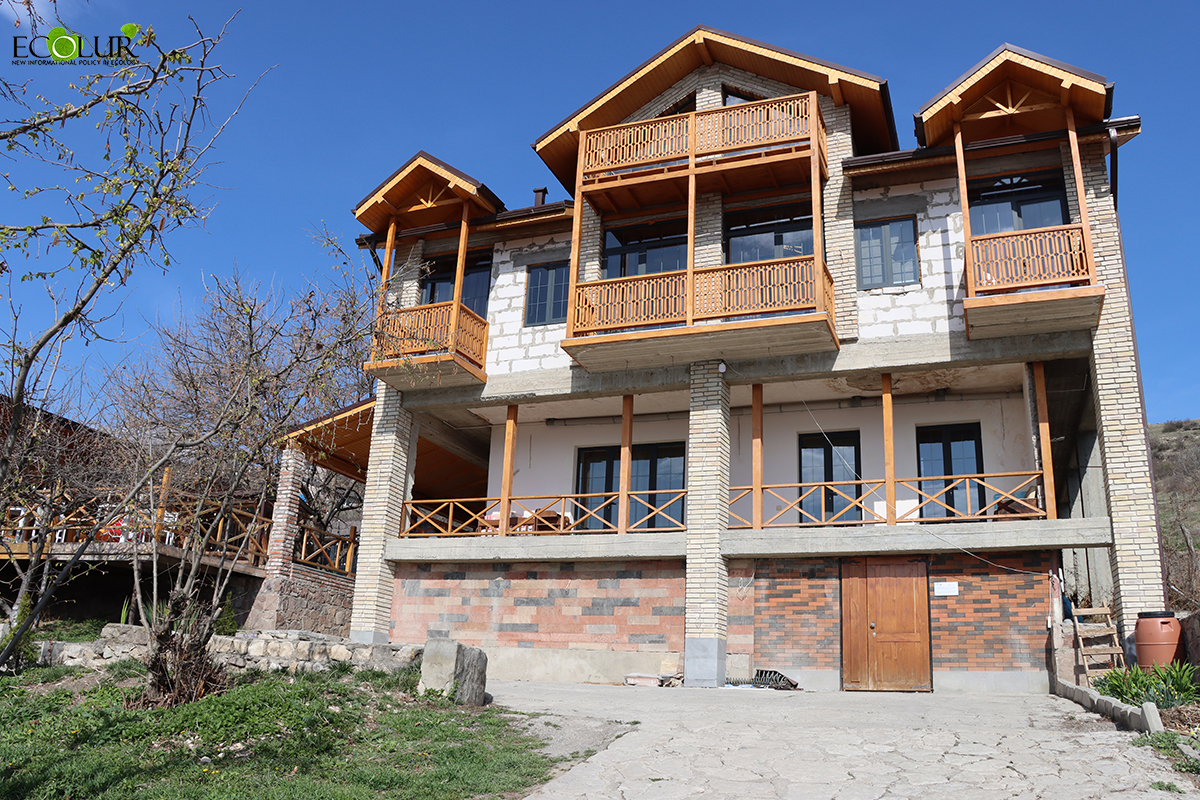
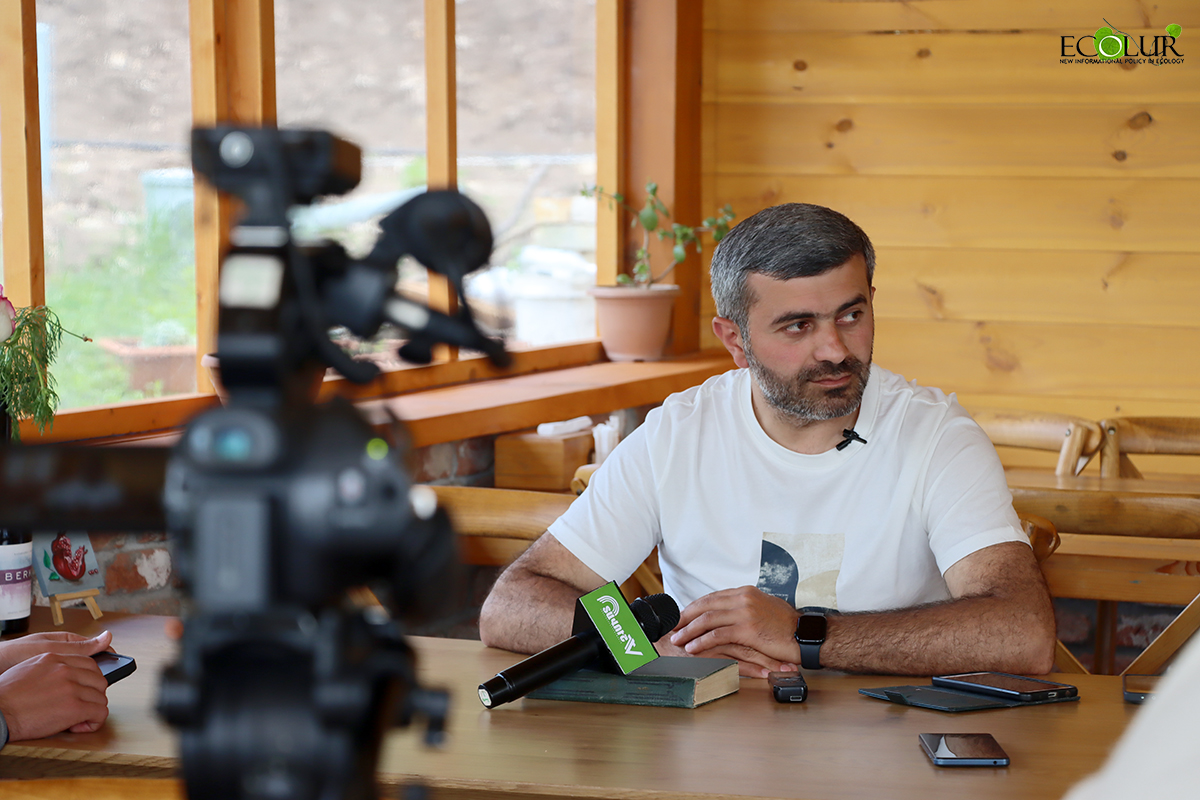
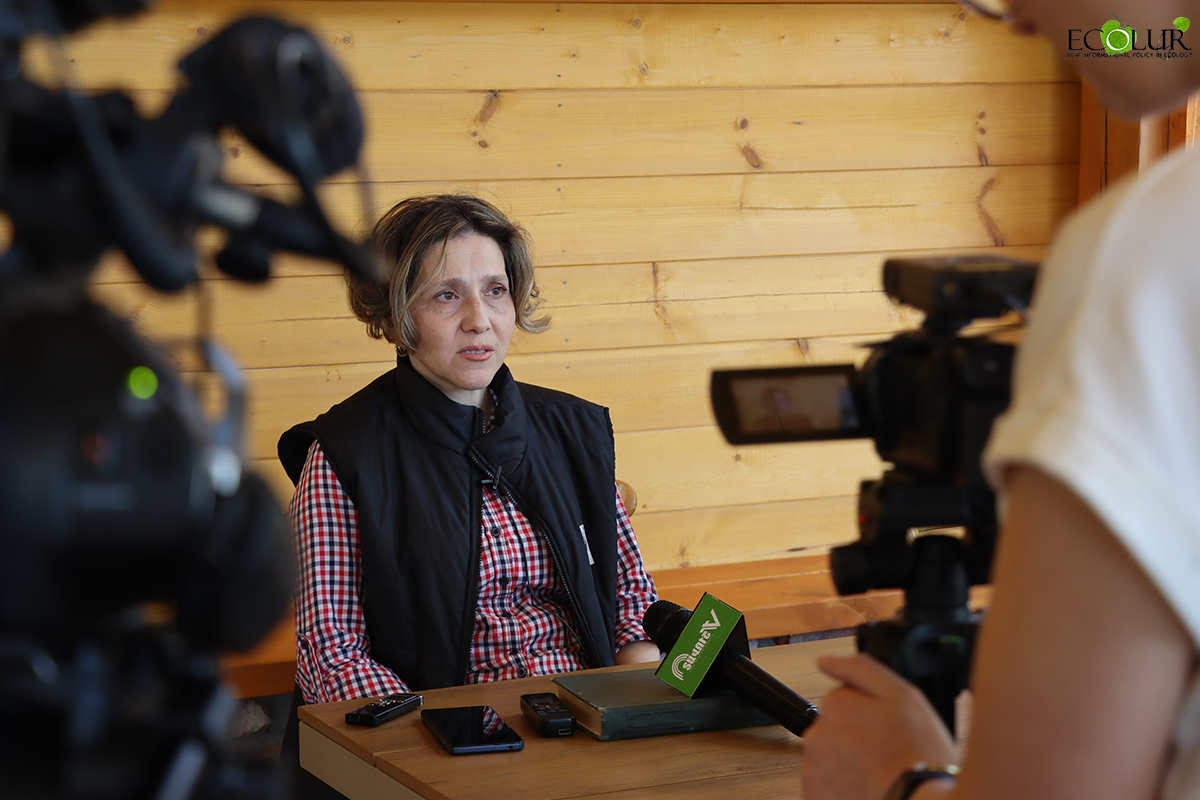

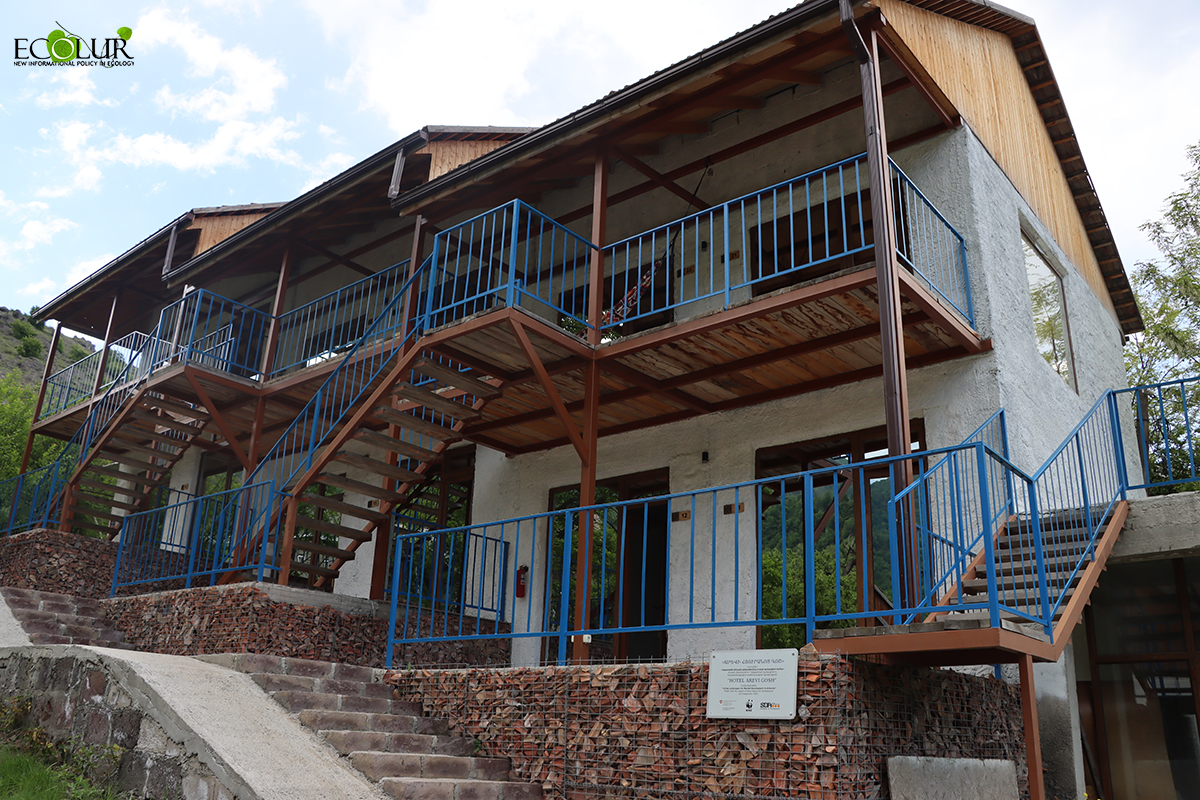

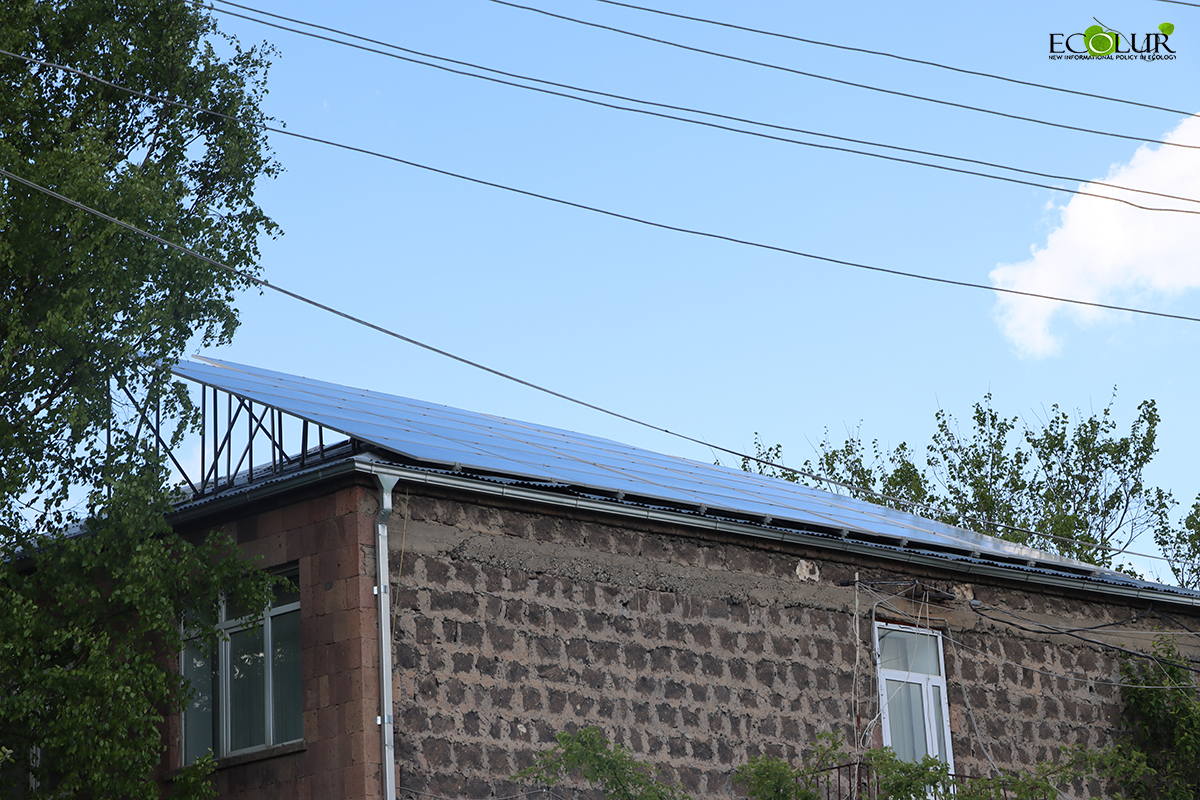
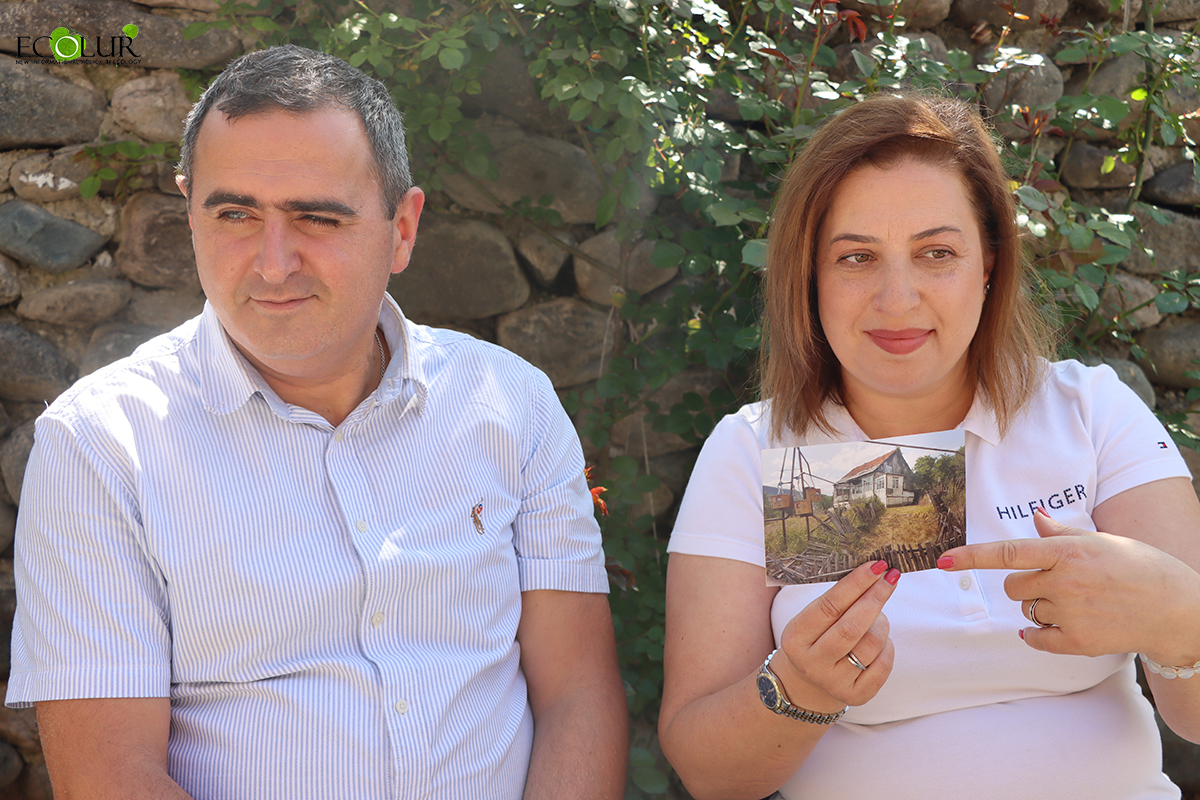
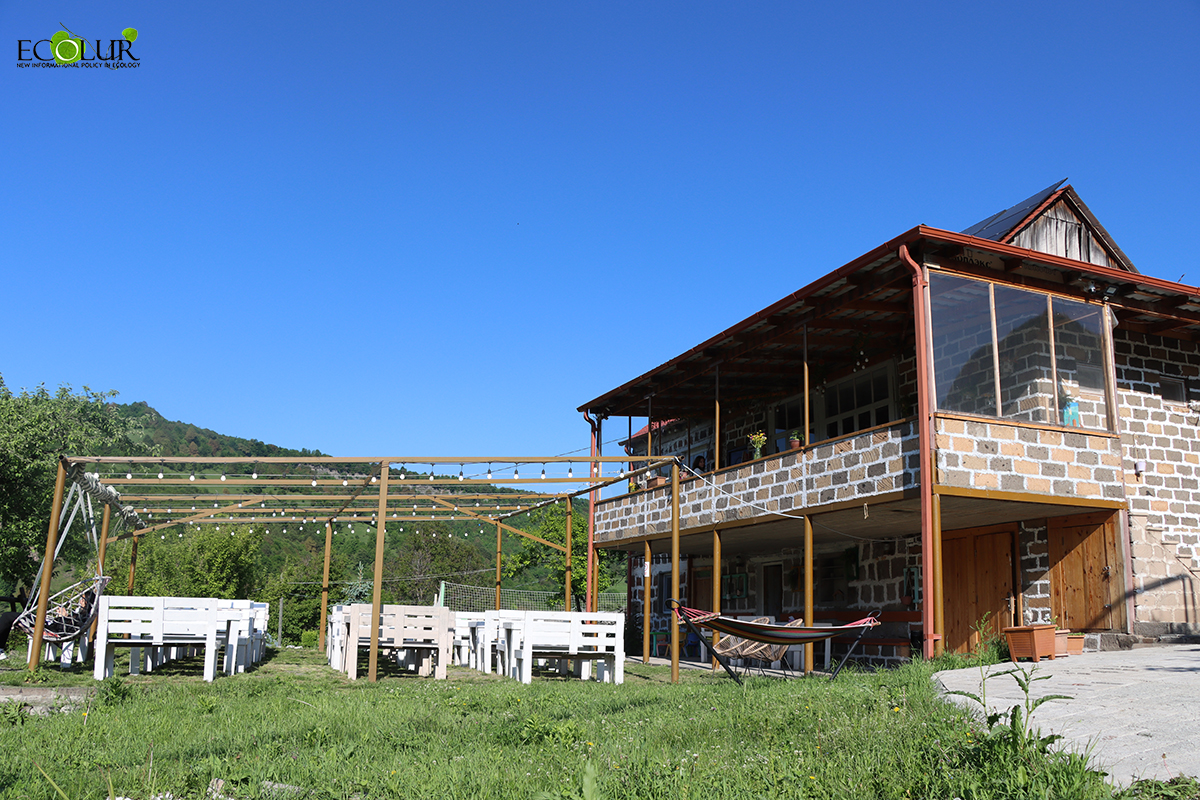


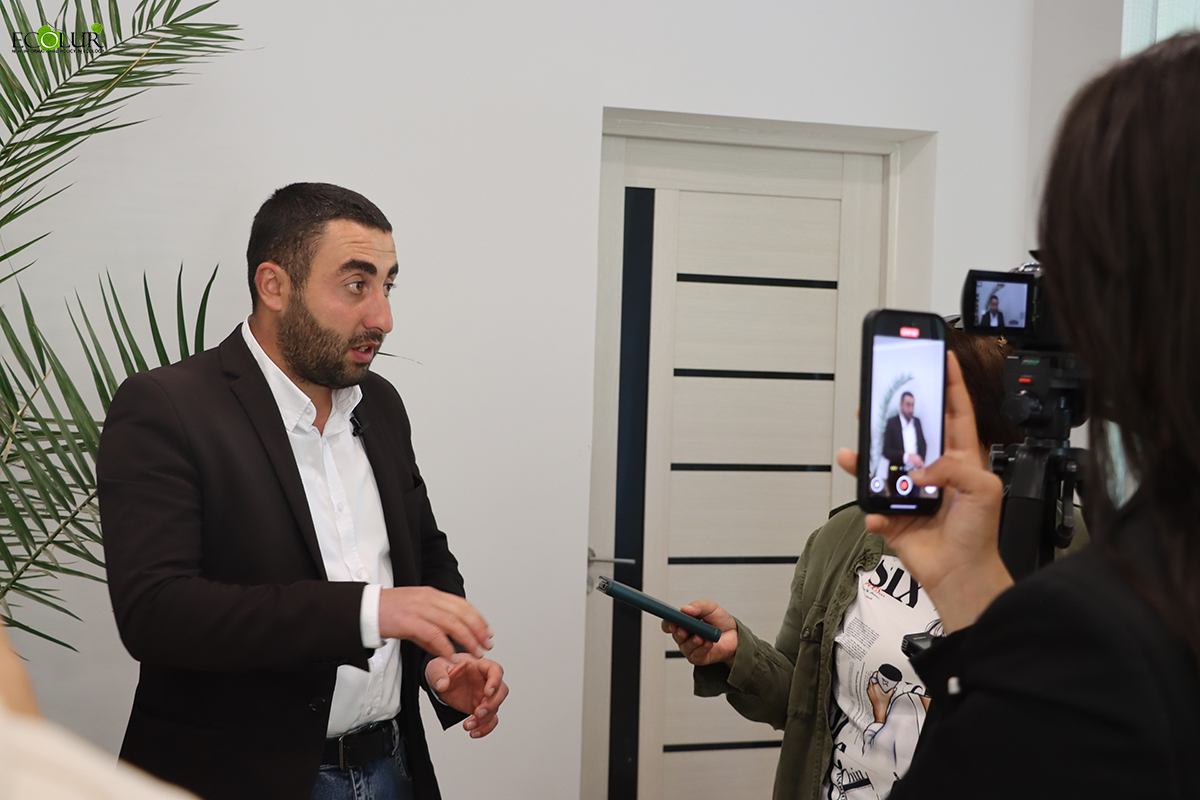
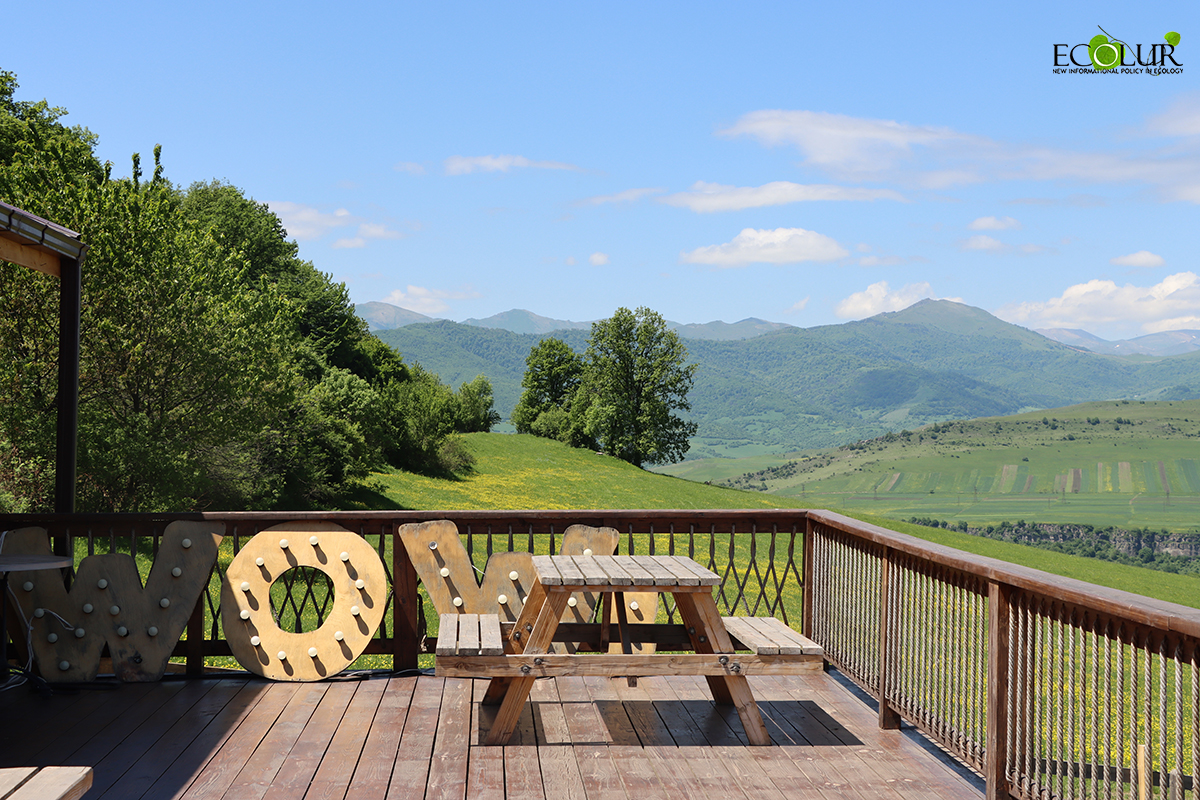


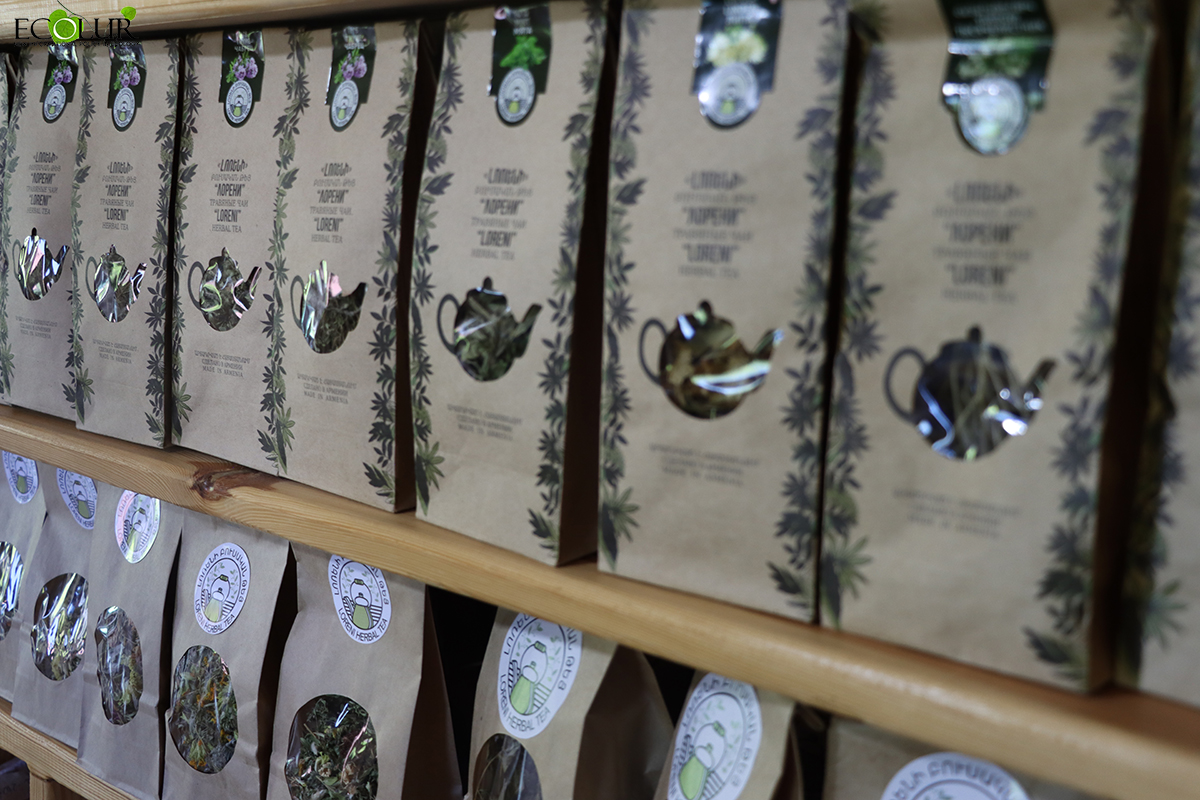








May 30, 2025 at 10:48
